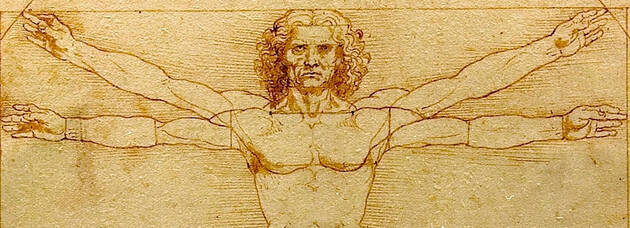Aristotle 101: Hylomorphism and the Soul
Aristotle’s understanding of the soul is derived from his theory of substance in The Metaphysics. By way of the hylomorphic combination of body-as-matter and soul-as-form, a unique individual is generated and equipped with the capacity to act in ways that living things act. Is this theory a “middle way” between the view of living things as purely material (where life is a sort of emergent property, dependent on matter), and dualism (the view that the body is is a dependent “container” of a Platonic Form)? If so, how successful is it at navigating that path? This essay will argue that Aristotle’s goal was not to thread a needle between Atomist materialism and Platonic dualism, but to provide a more accurate account of living things in general, regardless of either pole of opposition. However, this answer will also suggest that, weighed against both materialism and dualism, it is still a superior theory, despite its flaws.
